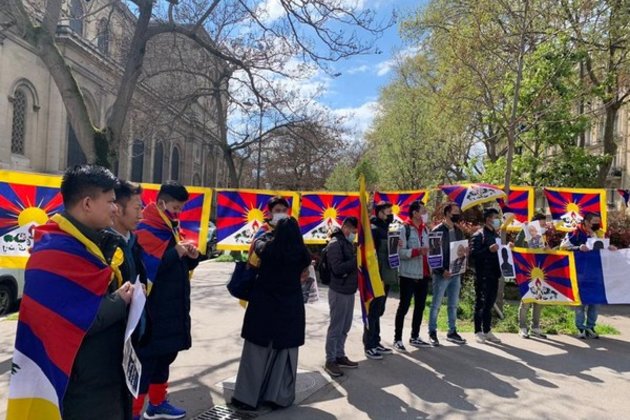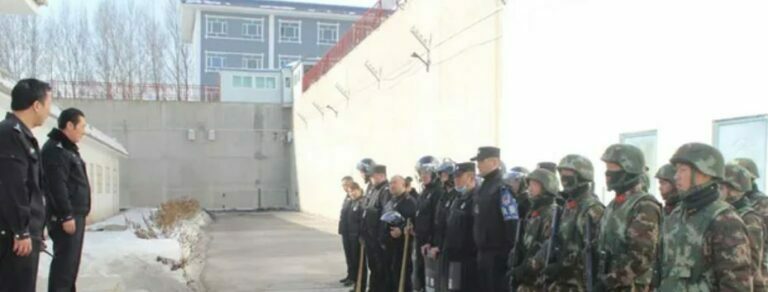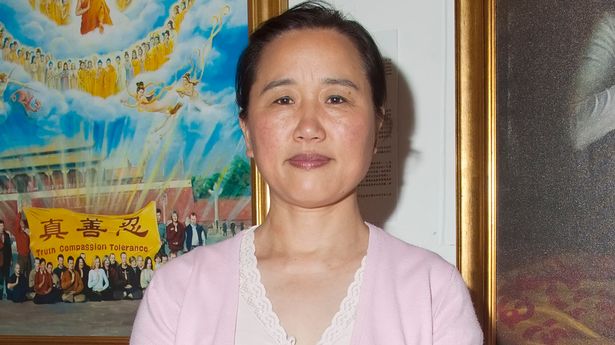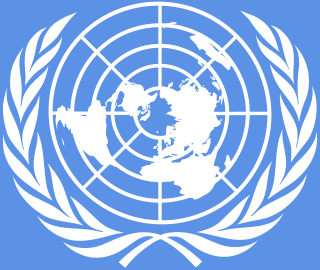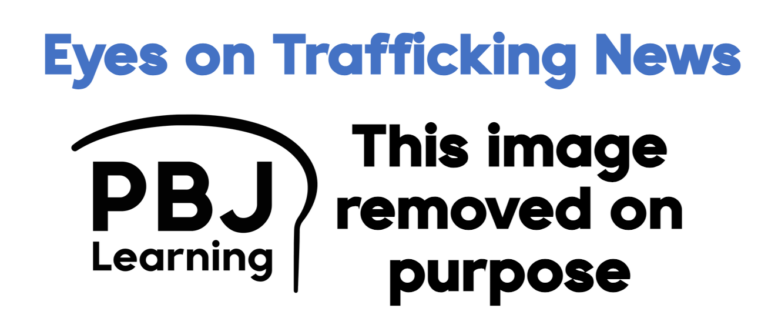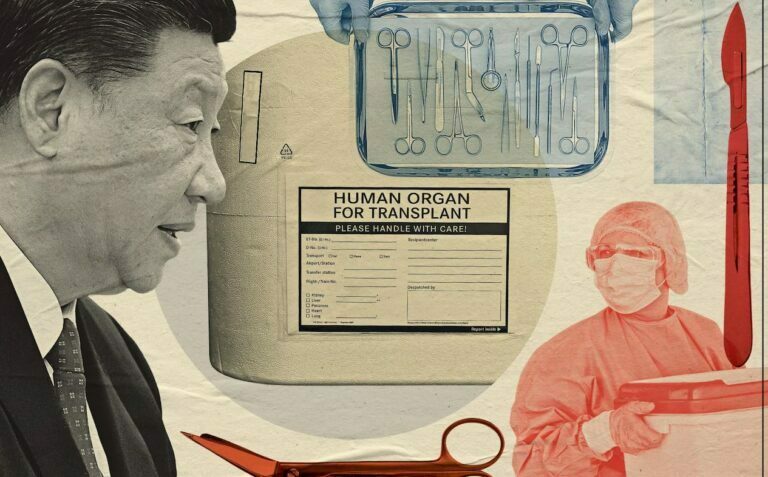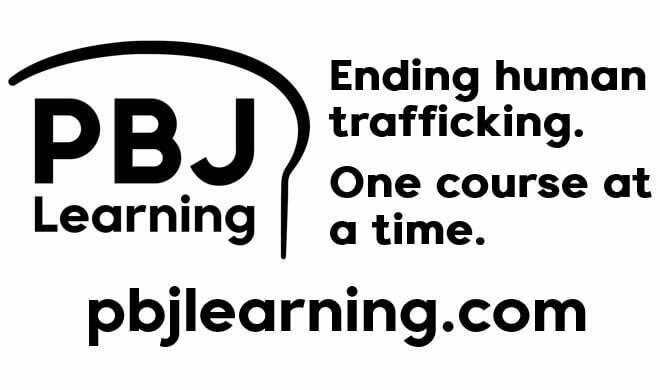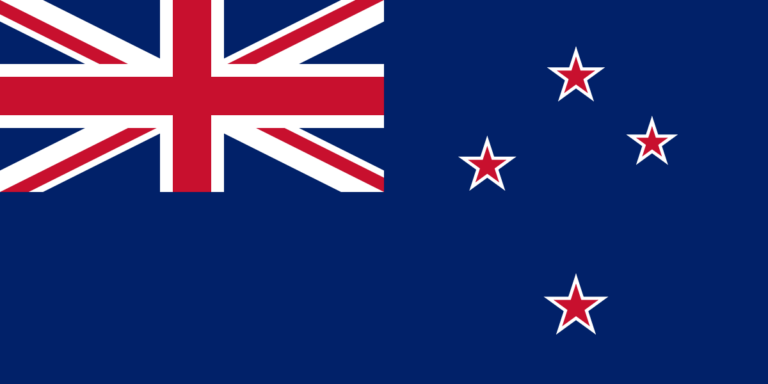Tibetans urge global community not to forget Tibet on World Refugee Day
Lhasa [Tibet], June 21 (ANI): Tibetans on the occasion of World Refugee Day urged the international community to support them and collectively stand together against China, and not to forget Tibet. Benedict Rogers a human rights activist and writer highlighted the Chinese repressions of Tibet and said that for many years Tibet was a cause…

